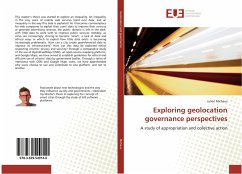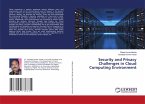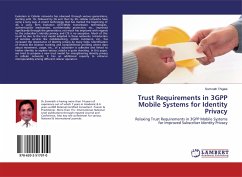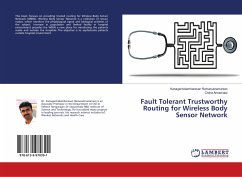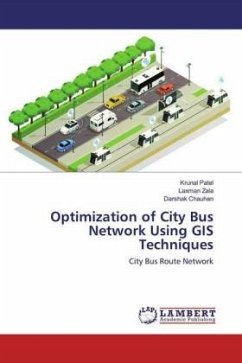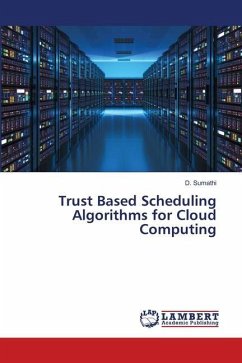This master's thesis was started to explore an inequality. An inequality in the way users of mobile web services hand over data, and an inequality in the way this data is exploited. As it becomes commonplace for web companies to exploit their users' data to improve their services or generate advertising revenue, the public domain is left in the dark, with little data to work with to improve public services. Notably, as cities are increasingly striving to become 'smart', a lack of data and ethical ways in which to exploit how little data exists is becoming increasingly problematic. How can a city create georeferenced data to improve its infrastructures? How can this data be exploited whilst respecting citizens' privacy and security? Through a comparative study of the use of OpenStreetMap (OSM), an open-source mapping platform, and Google Maps, we have aimed to establish guidelines for ethical and efficient use of citizens' data by government bodies. Through a series of interviews with OSM and Google Maps users, we have apprehended why users choose to use and contribute to one platform, and not to another.
Bitte wählen Sie Ihr Anliegen aus.
Rechnungen
Retourenschein anfordern
Bestellstatus
Storno

